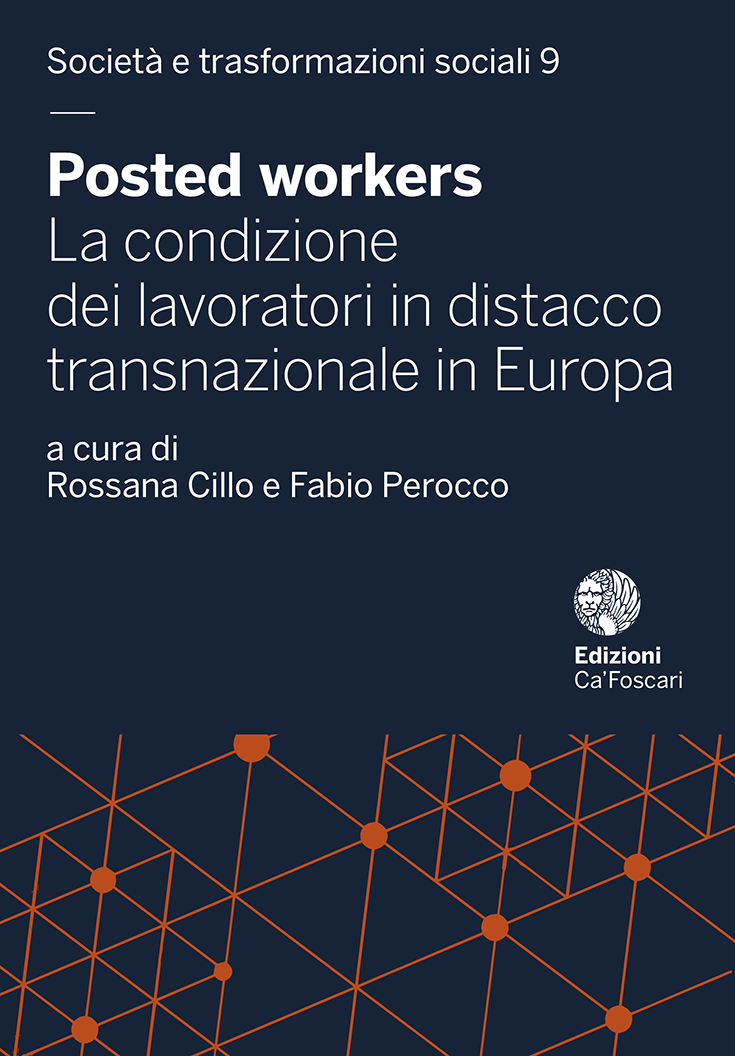- search 92 views
- file_download 5 download
- keyboard_capslock metadata
-
mark_email_readIscriviti alla newsletter
Romanian Workers Posted to Germany
Precarious Working Conditions
abstract
Drawing on participatory and non-participatory observation and on interviews with workers, union representatives and migrant advisors, this chapter focuses on the working conditions of Romanians posted in the construction and meat industry sectors in Germany. More precisely, it addresses their income level, housing and health, as well as union approaches towards workers in this type of employment. Both because the regulatory framework in force in 2015-16, when this research was carried out, did not grant wages above the minimum standards in Germany for posted workers, and as a result of informal agreements or unlawful practices of employers, respondents were often paid below the wages they were entitled to. Their accommodation ranged from shared apartments insides towns to living-containers at the construction site or, in extreme cases, to illegal housing in tool-containers. At the same time, even if as a result of intense work rhythm and poor work safety, posted workers are more vulnerable to health issues and accidents than regular employees, their social health protection is low. On the other hand, the constraints of the outdated regulatory framework and their limited resources are among the factors that determined unions to support advisory offices for posted workers, instead of recruiting them within their structures. In this context, posted workers have an unbalanced position in regards to that of their employers, with few who were able to enforce their rights through collective action.
Keywords: Germany • Atypical employment • Health • Posted workers • Housing




